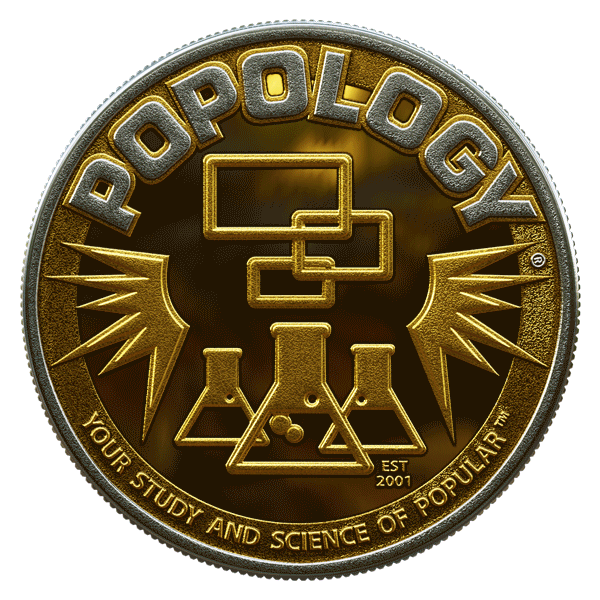Alfred Hitchcock Defines Happiness
- POPOLOGY® Megaverse
- May 6, 2025
- 3 min read
Mr. Hitchcock, what is your definition of happiness?
Alfred Hitchcock: "A clear horizon — nothing to worry about on your plate, only things that are creative and not destructive and that's within yourself. Within me, I can’t bear quarreling, I can’t bear feelings between people. I think hatred is wasted energy and it’s all non-productive. I’m very sensitive. A sharp word, said by a person who has a temper, if they’re close to me, hurts me for days. I know we’re only human; we do go in for these various emotions, call them negative emotions, but when all these are removed and you can look forward, and the road is clear ahead, and now you’re going to create something. I think that’s as happy as I would ever want to be."
This profound reflection comes from a notable interview conducted by the Canadian Broadcasting Corporation, titled 'A Talk with Alfred Hitchcock.' The interview took place in 1964 as part of the CBC television series Telescope, which was hosted and directed by Fletcher Markle. In this conversation, Hitchcock articulates his deeply personal understanding of happiness, revealing a perspective that is both introspective and remarkably insightful.
Hitchcock's definition of happiness revolves around the concept of a "clear horizon." This metaphor suggests a state of mind where one is free from the burdens of anxiety and conflict. He emphasizes the importance of having "nothing to worry about on your plate," indicating that mental clarity and peace are essential for true happiness. The notion of focusing only on things that are "creative and not destructive" highlights his belief in the power of creativity as a source of joy and fulfillment. In his view, engaging in creative endeavors is not merely a pastime; it is a vital component of a happy existence.
Furthermore, Hitchcock expresses a strong aversion to conflict and negativity, stating, "I can’t bear quarreling." This aversion stems from his sensitivity to interpersonal dynamics and the emotional toll that discord can take. He perceives hatred as a "wasted energy," suggesting that harboring negative feelings is not only unproductive but also detrimental to one's well-being. This perspective reflects a profound understanding of the human condition, acknowledging that while emotions are an inherent part of life, it is crucial to navigate them wisely to maintain one's happiness.
Hitchcock's sensitivity to the words and actions of others is particularly poignant. He mentions that a sharp word from someone with a temper can linger in his mind for days, illustrating how deeply he feels the impact of interpersonal exchanges. This sensitivity underscores the complexity of human emotions and relationships, revealing that even a master of suspense and control like Hitchcock is not immune to the emotional scars that can arise from conflict.
Ultimately, Hitchcock envisions a state where negative emotions are stripped away, allowing for a clear view of the future. The imagery of looking forward and seeing a clear road ahead symbolizes hope and potential. In this state, he believes one can fully engage in the creative process, which he identifies as a key source of happiness. The act of creation, whether in film or other artistic pursuits, becomes a pathway to joy, allowing individuals to express themselves and find fulfillment.
In summary, Alfred Hitchcock's insights on happiness offer a rich and nuanced perspective that resonates beyond his cinematic achievements. His reflections encourage a focus on creativity, emotional clarity, and the importance of nurturing positive relationships, ultimately portraying happiness as a state of being that arises from within oneself and is cultivated through mindful living. This interview remains a significant exploration of not only Hitchcock's artistic philosophy but also the universal quest for happiness in the human experience.









Comments